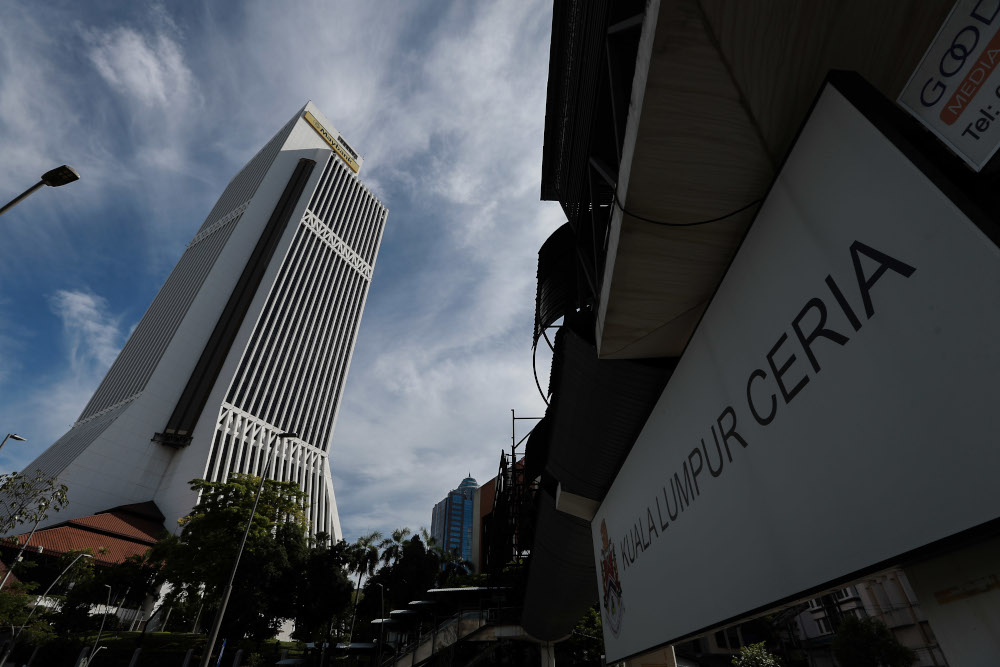KUALA LUMPUR, Jan 23 — Three Malaysian bank’s profits are set to take a major hit as trouble looms over cruise operator Genting Hong Kong — a major Asian corporate casualty of the Covid-19 pandemic.
A report by Singapore’s Straits Times said that how Malayan Banking (Maybank), CIMB and RHB — among some the chief unsecured creditors of Genting Hong Kong, with a combined exposure of US$600 million (RM2.5 billion) — decide to move forward in dealing with the group would determine if the cruise operator sinks or swims.
“The ball is now in the court of the Malaysian unsecured creditors, because they must show the commitment to bring additional funds to the table before the secured creditors decide what to do next,” said a Singapore-based fund manager who has holdings in Genting Hong Kong.
The report said that a senior banker from one of the three institutions acknowledged that Genting Hong Kong’s troubles were worrisome after it announced this week that it had filed to wind up the company after it failed to secure financial lifelines for its businesses.
“This is going to be painful, particularly after most banks had a good (financial year) in 2021,” he said, adding that all three banks will have to make full provisions on their exposure to the Hong Kong company.
The report said that the three Malaysian banks — who all have regional presence in South-east Asia — are well capitalised, but a hit from Genting Hong Kong is set to have serious consequences.
Maybank is majority-owned by Permodalan Nasional, which is the premier state-owned fund management company, designed to spur corporate ownership among the country’s politically dominant Malay community.
Khazanah Nasional, the country’s top sovereign wealth fund, is the controlling shareholder at CIMB, while the Employees Provident Fund (EPF) has a majority interest in RHB.
The report said that the banks are a major source of dividend income for the three state-owned entities, and huge provisions because of the troubles at Genting Hong Kong could have a serious impact on profits, as well as the share prices of the financial institutions.
Genting Hong Kong’s liquidation filing came just a week after its German shipbuilding subsidiary MV Werften went into insolvency, a development that triggered cross-defaults for the entire group’s various financing arrangements amounting to more than US$2.7 billion.
The troubles at Genting Hong Kong are not expected to pose any serious problems for gaming tycoon Tan Sri Lim Kok Thay’s other businesses in Malaysia and Singapore.
Several investment analysts have speculated that Lim — who owns a 76 per cent interest in Genting Hong Kong — could turn to his more profitable entities to bail out the Hong Kong operations, but private equity executives with ownership in the Genting Group said that it was unlikely.
Trouble started brewing at Genting Hong Kong when MV Werften US$688 million lifeline was pulled back by the German government, forcing it into insolvency.
“The breakdown was because the Germans wanted (Lim) Kok Thay to provide a personal guarantee on the loans, and that was not part of the original plan,” Straits Times quoted one senior private equity executive close to the situation.



















